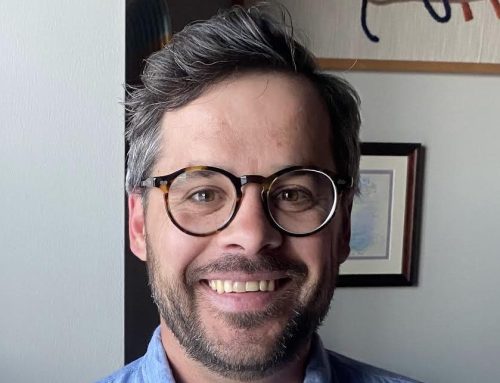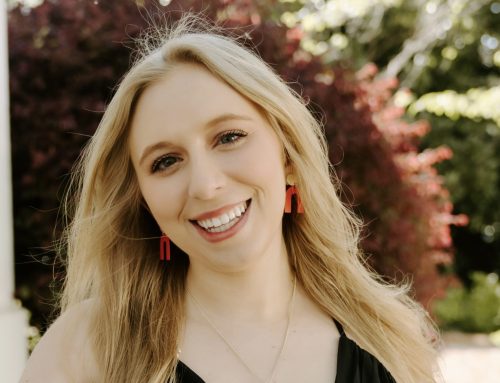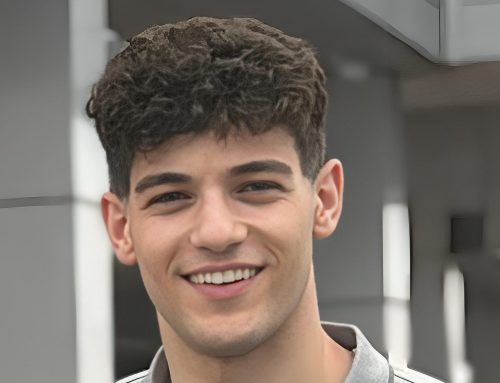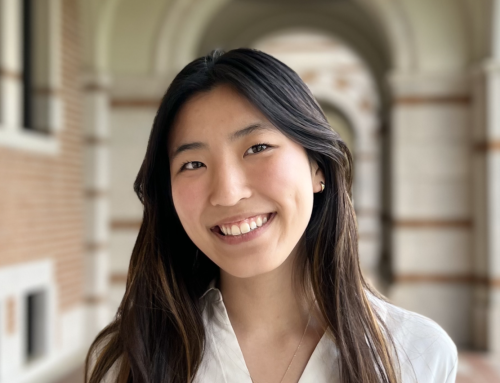We are excited to highlight one of our private tutors with a personalized approach here at General Academic: introducing Sam Garvin and his unique tutoring style! Sam is overtly committed to fostering academic excellence in a way that is intuitive and focused. Discover his approach to unique sessions and passions beyond the classroom.
What subjects and classes do you help our students with?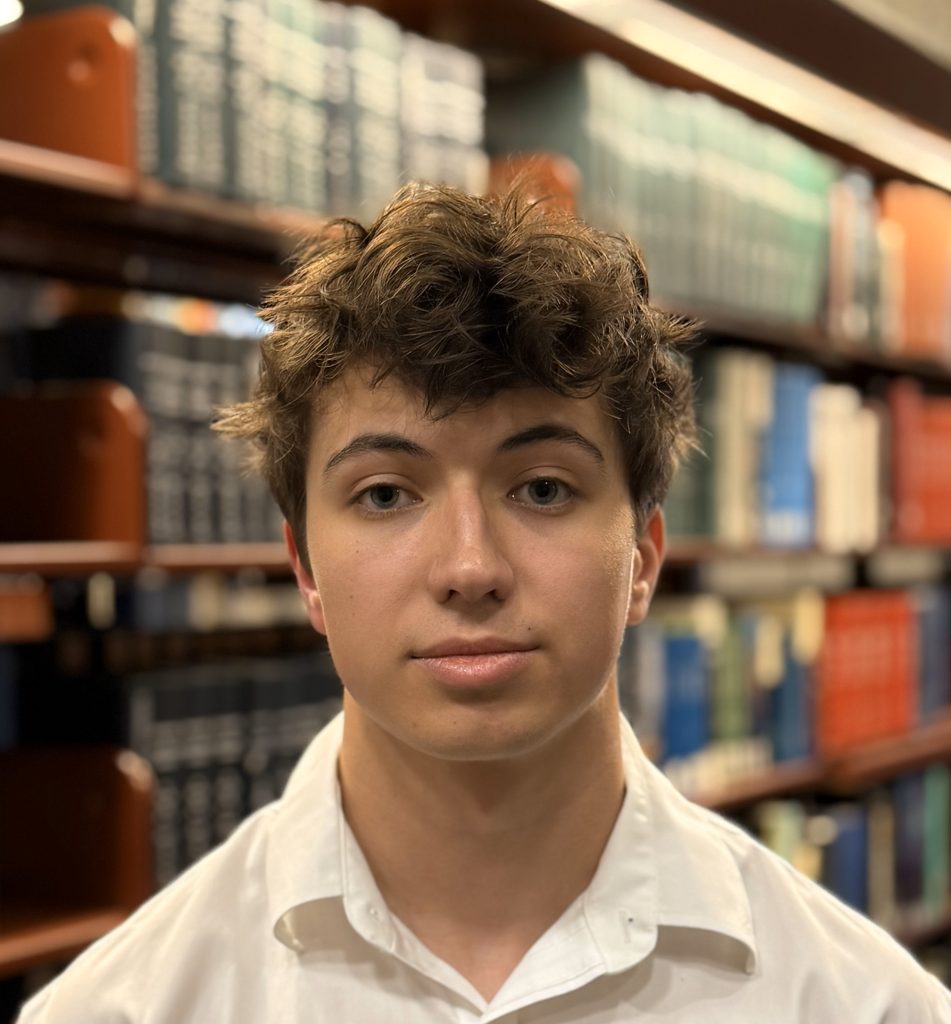
I have tutored kids in middle and high school, mainly focusing on math like Prealgebra, Algebra 1/2, Calculus, etc. and test prep, like the ACT or ISEE. I am also able to help with introductory courses to computer science such as Group Theory and Real Analysis.
What is your educational background?
I am currently finishing up a B.S. in Mathematics and B.S. in Operations Research at Rice University, and applying to graduate programs in Operations Research. I have experience tutoring middle and high school students for Varsity Tutors, as well as preparing students for math contests: Most notably I led a class in preparing for MATHCOUNTS for middle schoolers in my hometown. I jump at any opportunity of a student’s interest in competition math!
What is your favorite subject to tutor?
Math is my favorite subject to tutor, especially high school math. I have loved math since I was a kid and have always loved discussing it with others.
Of course, students vary widely in their attitudes towards math. But there are so many interesting tricks and relationships in math that can fascinate anybody if they are presented in the right way. I like tutoring math the most because it’s very rewarding for me to share this knowledge with others.
What does a typical test prep tutoring session with you look like?
- I like to start my sessions with a quick non-academic check-in with my students to see how they’re doing, if they’ve done anything interesting recently, or have anything interesting coming up.
- I ask how their studying has been coming along and try to identify what is and isn’t working for them from a logistic perspective. I pretty quickly try to isolate what topics or kinds of questions they’re confident vs. unconfident with so that we can have a more focused session.
- Once I can identify problem areas, I’ll usually select specific questions from their homework (taking their input into account) to focus on. I like to start with questions that are more moderate in difficulty. That way, the session is instructive but the student still builds confidence and gets a good grasp on the basic concepts. Then, we can move into harder questions.
- I try to strike a good balance between questions the student can tackle with some difficulty versus questions the student needs tutor help with. This way, the student doesn’t become unmotivated, and still has a productive session.
- The absolute biggest thing I focus on, for every question, is giving the student intuition for how to approach the problem without memorizing anything. I find that when students have a deeper, more intuitive understanding, they perform much better, can tackle harder problems more easily, and have greater enjoyment of the subject.
- We might put a problem on hold for awhile to do an intuitive, tutor-guided explanation of the topic, which of course eventually relates back to the problem. This way the student doesn’t get bored of doing just one problem after another. I also try to emphasize why each question is relevant in the student’s broader studies and why they should care.
- At the session’s end, I assign relevant practice for the progress made during our time together for us to extend upon during our future ones. I also send them home with notes for them and their parents to be kept up to speed and circle back to as needed.
What does a typical subject tutoring session with you look like?
I use a pretty similar approach to subject prep as I do to test prep. The main difference is that I ask in the beginning of the session about homework and upcoming deadlines/tests, and tailor the lessons more around this. Catering to students in the learning method that works best for them and promoting content they can build upon and benefit from the most is the main goal.
What’s your typical approach with working on executive functioning with younger students?
Simply stated, it’s easiest to do work when you want to do it. So, I primarily try to build interest in my students so that work seems less like a chore.
I also try to “lead by doing:” In the past, I have shown students how to use a calendar to organize their deadlines, and encourage them to be proactive with work and practice “delayed gratification” to avoid procrastination.
For some younger kids with a learning specialist, I have also corresponded with them about the student’s progress. Being open and honest with the student is key too; giving them the space and comfortability to speak up if they’re having trouble or something isn’t working out for them is extremely important to individual progression.
How do you view your role as a tutor?
I think that teachers are generally more effective when their instruction has a mentorship component alongside it. Of course, my primary goal is for the student to build confidence, their abilities, and also demonstrate an increase in academic performance.
But as a mentor, I also try to build up an interest in the student in the subject, and I think this goal is closely related to the others. Interested students will be more naturally curious, motivated, and are more likely to ask good questions that lead to critical thinking. I try to appear friendly, motivated and excited during my sessions, hoping that some of this will rub off on my students and they will build good study habits.
Tell me about one of your favorite sessions you’ve had.
One of my favorite sessions I’ve had was with an Algebra II client who was learning how to expand binomials. I taught him the binomial theorem and how coefficients are calculated for powers of x+1. We had a little extra time, so I showed him Pascal’s Triangle and how each row corresponds to a different power in the binomial expansion. He was really surprised by the “mysterious” connection and thought it was very cool.
It led to a good talk about how math is about exploring connections and branching the gap between intuition and knowledge. It was very rewarding to see his interest, and the explanation stuck because he had a reason to care.
What is your favorite part of being a tutor?
I always like hearing a student say something like, “woah, that’s really cool.” I love when I can see the look of interest in a student’s eyes for the first time and know I am making some progress. Interest and performance often go hand and hand.
Outside of tutoring for us, what do you like to do for fun?
I have played cello for 10 years and love classical music and music history. One of my favorite artists at the moment is Steely Dan, whose music is more of a classic rather than classical.
I also really enjoy weightlifting and have recently become interested in science fiction literature.
If you could have dinner with anyone, who would it be and why?
I would have dinner with Thomas Pynchon, my favorite author. Pynchon has a seemingly encyclopedic knowledge which makes his reference-littered books a blast to read. I love how he uses his intellect in such an entertaining way.
Tutoring with General Academic
General Academic’s subject and test prep tutors provide the structured support to accommodate your student wherever they’re at. We help our students with a wide range of materials, ranging from 1st through 12th grade subject prep, ISEE, and SAT. To get the ball rolling, give us a call at (713) 838-7774 or fill out our tutoring request form.
